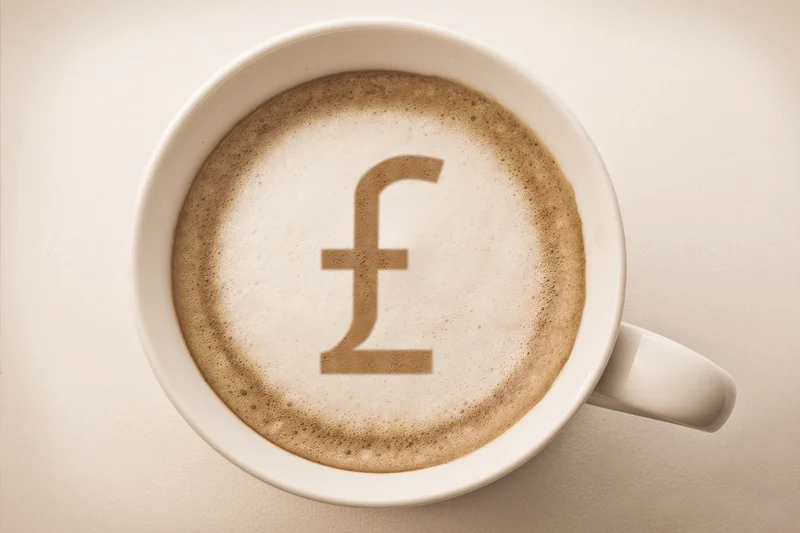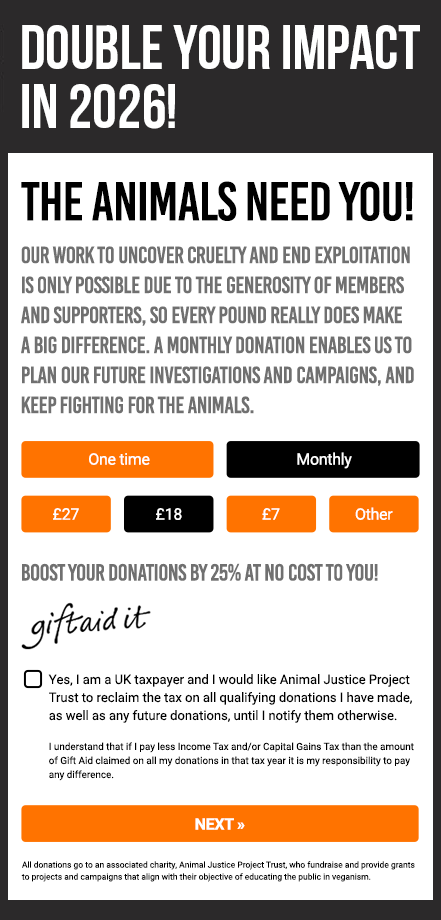
Expired
Shanghai’s Store is Leading the Way
.webp)
In 2021, a new kind of Starbucks opened its doors in Shanghai’s Pudong district. But this isn’t just another coffee shop with a modern aesthetic or the latest seasonal drink. It’s something much bigger, a bold vision of the future and a glimpse into what every Starbucks store could one day become.
This store is the first location in Starbucks’ Greener Store Initiative to default to oat milk. It also swaps single-use for reusable systems and paper for digital. The initiative reimagines how coffee shops can operate with minimal environmental impact; however, this is the only one to use oat milk as default. This store not only highlights that Starbucks is capable of making changes, but it also demonstrates that they know change needs to happen. Most importantly, it shows that Starbucks knows how it can be achieved. It’s time for this concept to land in the UK, and for the idea to be taken even further.
Sustainability experts, animal rights organisations, health professionals, business leaders, academics, celebrities are demanding change and have signed on to our Open Letter calling for this to be piloted in the UK. The campaign is also backed by thousands of loyal customers who want to see meaningful change happen today.
The Time for Change is Now!
The Shanghai Greener Store has set a powerful precedent. Oat milk, with its lower carbon footprint, is the default over dairy. More than half the menu is plant-based. There’s no paper anywhere, menus are digital and receipts are electronic. Even the store’s design tells a story. Recycled wood from other Starbucks locations has been repurposed for the interior. Coffee grounds are composted or recycled. The iconic green apron worn by baristas? Made from recycled plastic cups. This isn’t just a greenwashing PR exercise. It’s a working model of what the future of hospitality and retail could, and should look like. The UK is ready for it.
What makes the Greener Store concept especially powerful is that it’s not just about cutting carbon or reducing waste. It’s about changing habits, both for businesses and consumers. By making oat milk the default, Starbucks gently nudges customers toward a lower-impact choice whilst still giving the customer a choice. The bold move will naturally nudge other retailers to make similar changes to keep up with the fast-changing consumer demand.

Why the UK Is the Perfect Next Step
Starbucks already has a strong presence in the UK, with nearly 1,200 stores spread across high streets, train stations, shopping centres, and university campuses. It’s the company’s largest European market, making it an ideal place to test – and refine – new sustainable concepts at scale. But it’s not just about the numbers. UK consumers are increasingly eco-conscious. More people are choosing plant-based diets, carrying reusable cups, and expecting companies to step up when it comes to environmental responsibility. Launching the next Greener Store in the UK wouldn’t just meet expectations, it would exceed them. The results of our YouGov survey highlight just how much of the public are willing to try oat as the default. Whilst consumers still know very little about the atrocities that take place in dairy farming, one-third of the public are already wanting oat milk as the default option – this jumps up to almost half of Gen Zers surveyed.
Bringing the next flagship Greener Store to the UK, where oat milk is the default, would be more than a marketing move. It would be a meaningful step toward reshaping how we think about daily routines like grabbing a coffee. It would show leadership in a market where sustainability is no longer optional, it’s expected.
In short: the UK is ready for meaningful change. The infrastructure is here. The customers are waiting. The planet is asking for action and so are our fellow animals. Starbucks, the next move is yours. You’ve read our Open Letter, now it’s time to act!
As always,
For the animals!

.png)


.png)













.png)